FREE INITIAL CONSULTATION
Top Rated Sex Crimes Lawyers | Criminal Trial Lawyers | Arizona Board Certified Criminal Law Specialists
Below is only a sampling of our Victories and not a complete list. Click on any of the buttons to view the type of charge and individual case results.
Sex crimes in Arizona are very serious criminal offenses. In most cases if you are convicted of a sex crime in Arizona, your life and name will be effected drastically. Arizona law has certain provisions that call for mandatory or significant jail time, and it is possible that you’ll have to register as a sex offender which will effect your good name, where you live, and the type of career you pursue. Having the highest quality criminal defense team for any sex crime is of utmost importance because you are literally dealing with charges that will effect the rest of your life.
The attorneys at DM Cantor have over 370 Successful Sex Crime Victories in Arizona. With potential charges that are this serious, you need a highly trained Arizona sex crimes lawyer on your side!
Featured in Image:
Managing Attorney, Christine Whalin / Partner/Founder, David Michael Cantor & Partner / Partner, Joey Hamby
Sex Crimes Attorney Phoenix
If you have been suspected of (pre-charge phase) or charged with a sex crime then you need to contact a lawyer so you can better understand your case and how the State of Arizona will treat the charges you’re facing. Our firm offers aggressive criminal defense for sex crimes including:
- Child Molestation
- Sexual Conduct with a Minor
- Luring a Minor
- Sexual Exploitation of a Minor or Child Pornography
- Sexual Assault
- Prostitution, and charges of Solicitation of a Prostitute
Some of the most difficult situations our sex crimes defense team has encountered are instances of false allegations of sex crimes. This happens more often than you might think and if you believe you are the victim of a sex crime false allegation then you need to speak with an experienced Phoenix sex crimes attorney immediately, call our offices at (602) 691-5907 or use our confidential email form.
Speak to a Sex Crimes Lawyer
The Cantor Sex Lawyers form a highly skilled criminal defense team and our case victories can be viewed here, or at the bottom of this page. When interviewing prospective sex crime defense attorneys, ask them for some of their recent victories and see what they say.
The State of Arizona is highly aggressive when it comes to the prosecution of sex crimes and you’ll need the best criminal defense that you can find. In our society the stigma of being branded a ‘sex offender’ for life, should be reason enough to seek out the best possible sex crimes defense lawyer you can possible find.
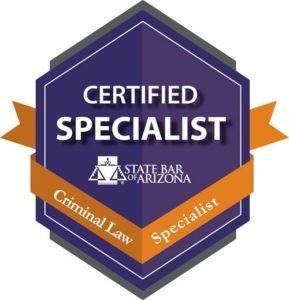
OUR HAPPY CLIENTS
What Our Clients Say
Fill out the form below to receive a free and confidential initial consultation.

Board Certified in Criminal Law *
State Bar of Arizona

10.0 Superb Rating
Avvo Criminal Defense

AV-Highest Rated Preeminent Lawyers
Martindale-Hubbell
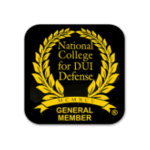
Member
National College for DUI Defense

Life Member
National Association of
Criminal Defense Lawyers

Super Lawyer
Criminal & DUI Defense

Voted #1 (2020)
Ranking Arizona

Top 1% Attorney
National Association
of Distinguished Counsel

Top 10 DUI/DWI Law Firm
American Institute of
DUI / DWI Attorneys
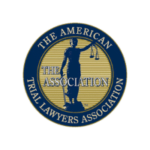
Top 100 Trial Lawyers
(Criminal Defense)
American Trial Lawyers Association

Top 100 Lawyer
American Society
of Legal Advocates

Lifetime Member
Best Attorneys of America

Top 10 Attorney
National Academy of
Criminal Defense Attorneys

Client Satisfaction Award
American Institute
of DUI / DWI Attorneys
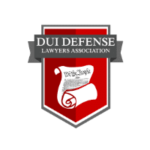
Member
DUI Defense Lawyers Association

Member
American Association for Justice

Member
American Bar Foundation

Charter Member
Trial Masters

Member
America’s Top 100
Criminal Defense Attorneys

Life Member
Arizona Attorneys for Criminal Justice

Sustaining Member
Arizona Trial Lawyers Association
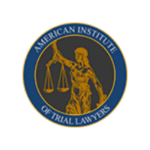
2019 Litigator of the Year
(Criminal Law)
American Institute of Trial Lawyers

Member Since 1989
American Bar Association
Top Lawyer 2023
Phoenix Magazine

